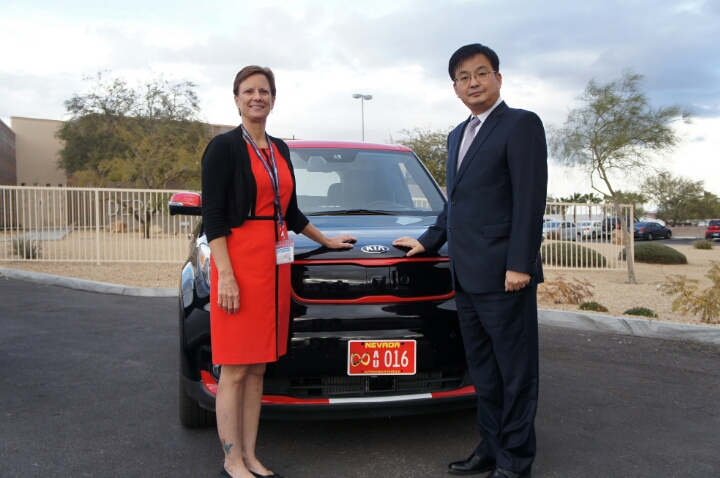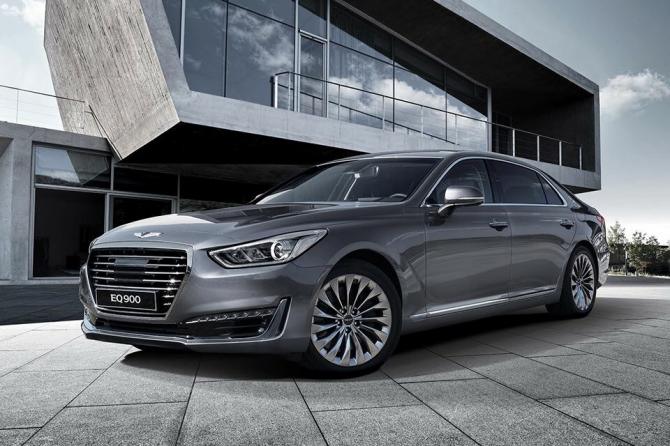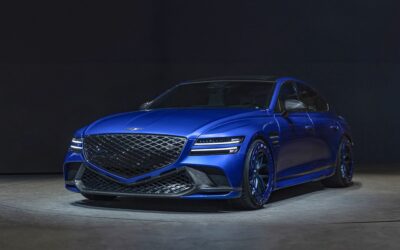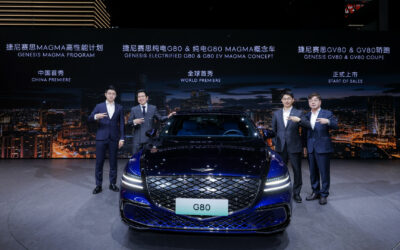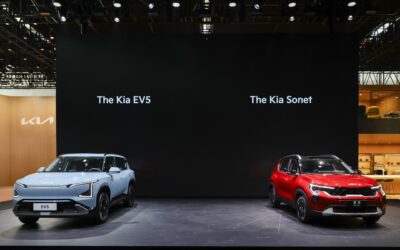Hyundai Motor has been granted a licence by the US state of Nevada to carry out testing of its autonomous driving technologies on public roads for the first time.
[ads id=”0″ style=”float:left;padding:9px;”]Hyundai Motor and Kia Motor hope to experiment with partially- and fully-autonomous driving technologies in real-world conditions, an important part of its roadmap for autonomous driving.
The company plan to introduce a range of partially-autonomous driving technologies to their model line-up including eco-friendly vehicles by 2020, and are aiming to bring their first fully-autonomous car to the market by 2030. The initial stage of investment by Kia and Hyundai – totalling US$7.75 billion of Hyundai and $2 billion of Kia in R&D – will enable the companies to develop new Advanced Driver Assistance System (ADAS) technologies and employ a greater number of engineers. The investment will lead to the introduction of next-generation smart vehicles in the coming years.
The first car, the Genesis EQ900 (G90) will come equipped with a small part of the new technology. It will have an advanced highway driving assist system (HDA). It is some kind of “partial autonomus” technology with the focus on the high-freeway. The HDA system includes three technologys for semi-autonomous driving:
- Advanced smart cruise control (ASCC)
- Automatic emergency braking (AEB)
- Lane keep assistant (LKA)
Those systems are collecting the data from many sensors and work with them on the onboard computer, making it possible to maintain distance from objects, cars and stay in the current position in the lane.
The current system in the EQ900 permits also a hands-free overtaking and passing of other cars when necessary.
[ads id=”0″ style=”float:left;padding:9px;”]The auto industry is more and more focusing on autonomous driving. Google, and recently Tesla (partially), are some kind of pioneers in autonomous driving and it is good to see that Hyundai/Kia are investing in a future technology which adds more freedom and security to the driving.

